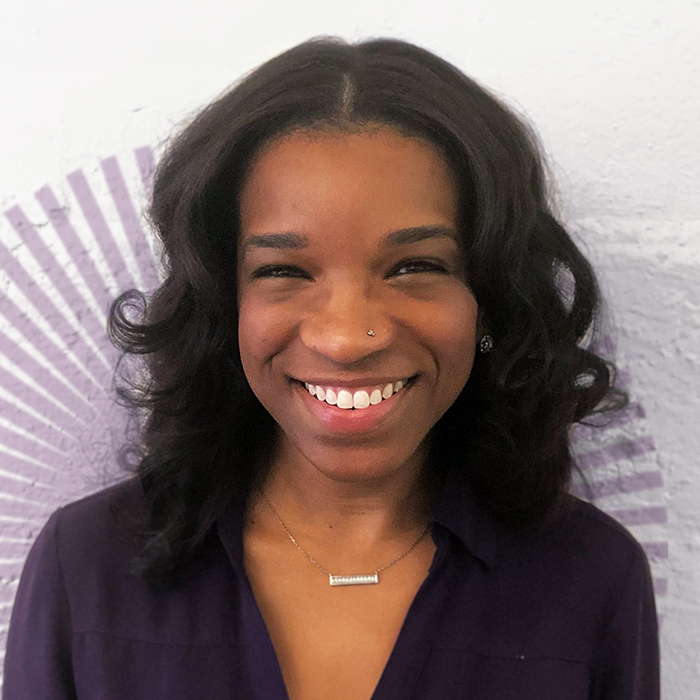The Power Entertainment Holds on Modern Society
“And that, Kanye, is how you buy yourself some time.” With those words, Dave Chappelle folded up the paper containing his prepared “I denounce antisemitism in all forms” remarks and, to raucous laughter, continued his opening monologue on SNL. Kanye and his most recent descent into antisemitism featured heavily in the monologue, and it was clear that Chappelle was attempting to walk the very thin line of satire. But at what cost?
The growing support for controversial media productions
Anti-semitism has increased across the United States. It includes hatred of and discrimination toward Jewish people, as well as buying into conspiracy theories about the economic, political, and social machinations of Jewish people.
In another time, with a political climate less fraught than it is now, Dave Chappelle’s jokes about how there “coincidentally” happen to be lots of Jewish people in Hollywood might be another example of Chappelle’s brilliant commentary on race and identity (as he’s done many times before). But today? Unfortunately, the people laughing at Dave Chappelle’s monologue were both those entertained by his satirical remarks and those resentful of and ready to harm Jewish people.
Chappelle’s SNL monologue is not the only controversial story coming out of the entertainment industry these days. Recently, Netflix announced that the Ryan Murphy series Monster would get two additional seasons. The first installment followed the crimes of Jeffery Dahmer, and it was not without critique. Some expressed concern that the series attempted to humanize Dahmer by highlighting his troubled upbringing and family dynamics. Others highlighted that the show was retraumatizing families of Dahmer’s victims, some of whom have spoken out against the series.
For my part, I watched both the Chappelle SNL monologue and episodes here and there of Dahmer (it was mostly too graphic and disturbing for my taste). In both cases, I can see the content creators doing their best to walk the fine line of providing incisive commentary that will entertain, make people think, and spark a conversation.
Holding creators accountable beyond their intent
I doubt Dave Chappelle’s intention was to advance antisemitism, and I don’t think Ryan Murphy’s intention was to glorify Jeffrey Dahmer. And yet, as we often talk about in the DEI space, their intention doesn’t matter nearly as much as their impact. It is a tall order to hold content creators responsible not just for what they create, but for what happens after they put their content into the world. However, I believe that a certain level of accountability is required for us to create a just and equitable world.
Perhaps Dave Chappelle didn’t know that his jokes would align with the playbook of Jewish hate groups, but he is no stranger to the impact his words can have on marginalized communities. (See: any of his recent standup routines commenting on transgender folks and other members of the LGBTQ+ community.) He could have done his research on the rise in antisemitism and used his platform to write different, yet just as funny, jokes that would energize and support that community. Perhaps Ryan Murphy couldn’t have anticipated how deeply troubling our society is — I don’t know that anyone would have predicted that people would want to dress up as Jeffrey Dahmer for Halloween — but it’s now quite clear the lengths that people will go.
Why choose to be responsible for not one, but two more potential surges in this behavior? And why choose to focus on a fictionalized interpretation of the murderer’s point of view? What would happen by instead focusing on the victims’ stories and the impact on their families?
Wielding cultural influence wisely
At Paradigm, our vision statement reads, in part: “We envision a world where organizations reimagine their role in, and responsibility to, society.” In contrast to a world where companies exist to make as much money as possible, no matter the cost, we are working toward a shift where companies realize they have an impact on their employees, their communities, and ultimately the world.
Perhaps this is why, for all the entertainment value they provide, I am disappointed at Chappelle’s comedic choices, and frustrated by Netflix’s willingness to greenlight two more seasons of murderer shows. The decisions conflict with a reimagined vision for how influential people and companies use their platforms to advance equity and inclusion.
Companies, celebrities, and other influential figures have an exceeding amount of power in modern society. With these two examples in mind, I invite us all to consider: what power do you hold? As an individual, as an employee, as a company leader? And, as you pursue success, how are you sacrificing impact? Are you helping build an equitable and just world, and making decisions — sometimes tough ones — that will prioritize good? Or, are you shirking responsibility for outcomes because you had good intentions?
To wield such power without any concern for or ownership over the impact you have is not only disappointing, it’s dangerous. In today’s world, we must take responsibility not only for what we put into the world, but also for what people do with that content or information. It’s time for us to hold ourselves, and each other, to a higher standard.
November 17, 2022

 Our website uses cookies to distinguish you from other users of our website. This helps us to provide you with a good experience when you browse our website and also allows us to
improve our site. By continuing to browse our website, you’re agreeing to our use of cookies. For more information, please read our
Our website uses cookies to distinguish you from other users of our website. This helps us to provide you with a good experience when you browse our website and also allows us to
improve our site. By continuing to browse our website, you’re agreeing to our use of cookies. For more information, please read our
